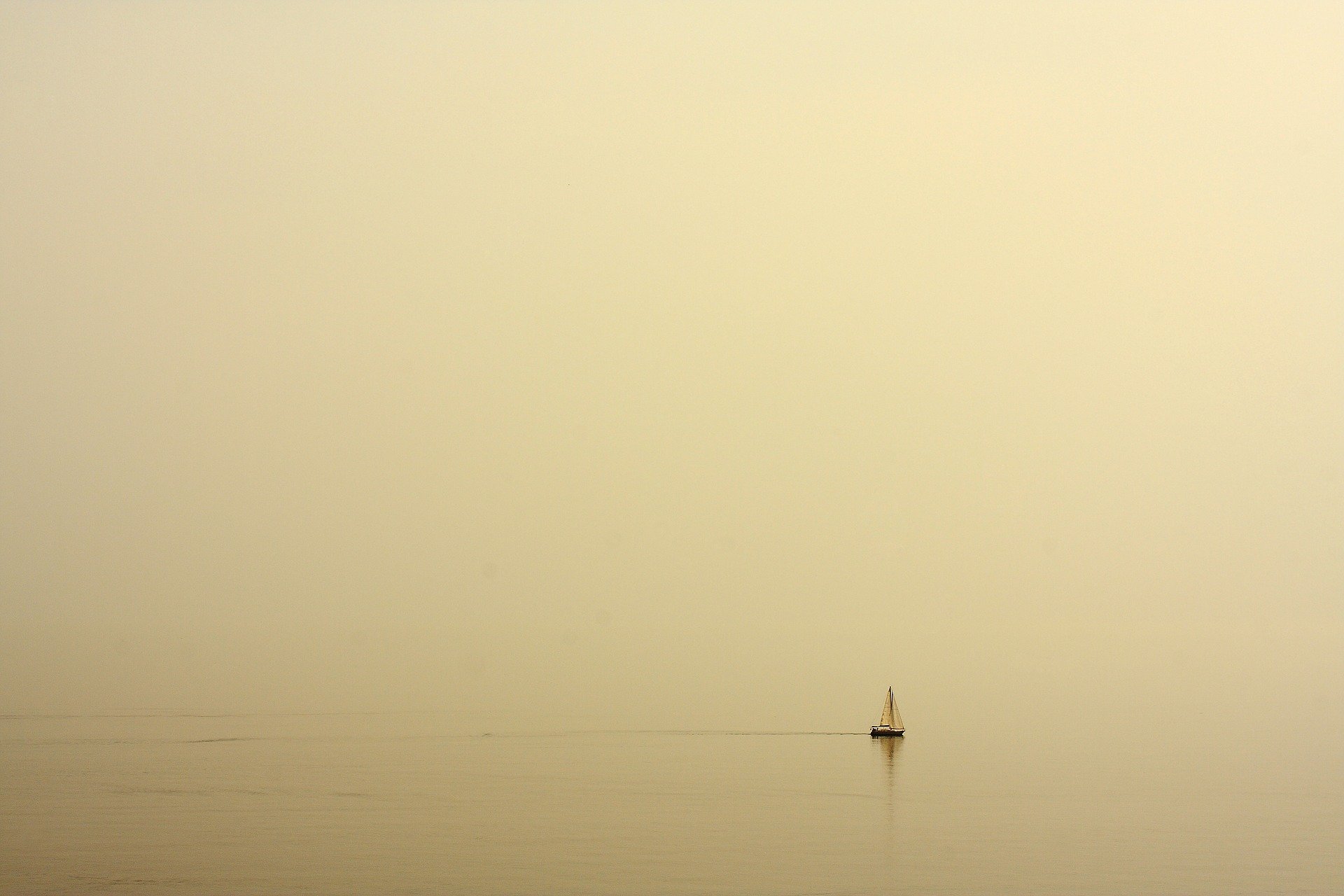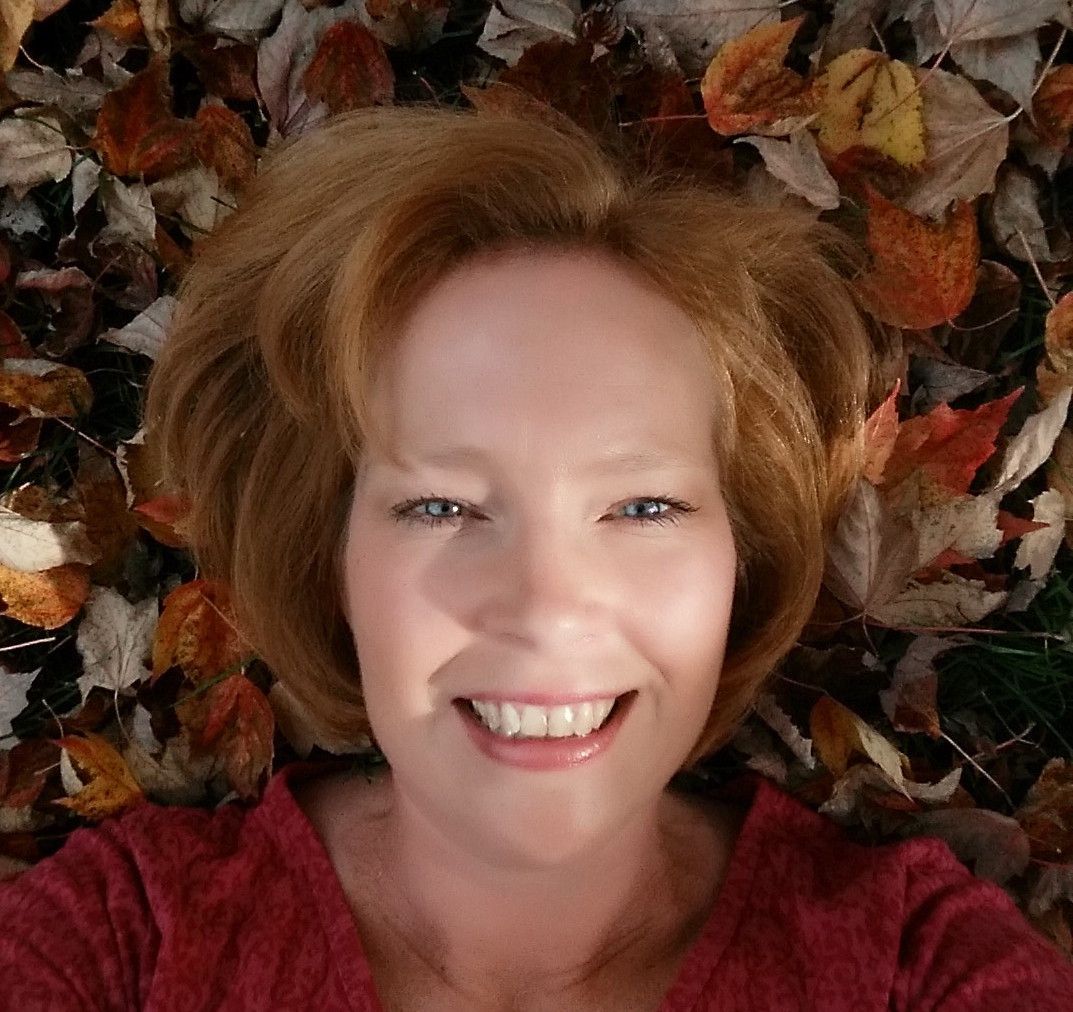Finding God in Upset and Uncertainty
Feb 14
/
Kimberley Mulder

There is a word in French that captures the visceral feeling of our communal and individual upheaval as we cope with the pandemic’s presence and other challenges: Bouleversant. It is a topsy-turvy word, one with motion and disorientation embedded in it.
I find myself thinking of it often as I encounter the shifts in my own life, and accompanying others through subtle and dramatic shifts in theirs. For some it is a journey of practicality, for others it is one of angst and deconstruction, for most there is grief and confusion. How do we find God in such upsetting, uncertain places?
Breath and body are the first anchors. Whenever I’ve hit intense turbulence in my life, my feet find God first. Plodding the earth, feeling the roots and rocks amid the slush or soil, the weight of my being still living, I find the Giver of Life. As my breath sends clouds into the cold, or draws juniper heat into my lungs, I find the persistence of hope. In deep grief after my father died, my prayers were not words, but found in the rhythmic bending to pull weeds, the cycles of oxygen through my muscles, and the co-creating of beauty in the garden. There were no answers there, just the simple accompaniment of life ongoing.
Often our upset is in the body itself. When illness prevents footfall or deep breath—what then? If our physicality is threatened by disease, especially unknown ailment, we often feel locked away from God. It is tempting to over-spiritualize, to disdain our bodies and focus solely on spirit. We often interpret pain and suffering as God leaving or punishing us, and this panic divorces us from God, our reality and ourselves.
Instead, it is precisely in our body, in the present moment, that the suffering Christ draws near. He comes into the distress and makes a way—together. But if we are insisting on certainty through our judgments of the way things should be, we will have difficulty seeing that. When we refrain from judging our bodies, our choices, our situation, and God for what is happening we are invited to receive God in what is. Free of the heavy burden that forces narratives on our suffering, we can be yoked to the one who told his disciples that neither the blind man nor his parents’ sin caused his blindness (John 9). There is room to acknowledge our reality, our experience, and God’s presence.
It is natural and human to search for certainty for we ache to feel secure, beloved and in control. When the things that have been satisfying those longings disappear, our sense of self and of God is untethered. There is freedom and invitation in this liminal space, and since change is first apprehended neurobiologically as pain, we often have trouble recognizing this. To cultivate the trust and courage it takes to move through it, we need practices and people to help.
Consider what habits are rooting you in trust and authenticity with God in this upsetting space. You may find you have a regular activity already, like a morning walk, a certain prayer or reading poetry. If it is still serving you, continue and hold onto its gift. But if it’s trite and hollow, allow yourself to discover and explore new ways of connecting to God.
I discovered as I was healing from surgery years ago, and again when my kids were little (both were challenging seasons), that my shower had become my new prayer space. Another time I found that centering prayer, as Thomas Keating teaches it[1], which had been a challenge in steadier times, became a refuge and home in uncertain seasons. In all times, whatever practices are yours, do them with grace—not condemning yourself when you forget or fail, yet also showing up knowing God is drawing you into God’s love.
And then, the people who help us find our way: They are not the ones telling us what to do. They are the people who can stay with us in the questions and the wondering. Perhaps they have walked a similar path but recognize that ours is for us only, and what they learned along theirs is, at most, a possible marker along ours.
It is often through the roiling emotions like fear, anger, pain, hope, despair, and joy that we need these precious people. Mirroring the interdependence of the Trinity, I have found that the steady presence and love of my spiritual director and my spiritual friends brings me special access to depths in these feelings that lay hidden when I’m alone. This catalysis is vital to my wellbeing, growth, and discernment. Again, I do not find answers per se, but I encounter the Certainty that holds my uncertainty.
Mystery becomes my friend. Not knowing becomes my residence. I am reminded that I am created to rest and receive from God, not to be God. The peace that passes all understanding lives in my lungs, invites sleep to my body, inspires surrendered activity. I am free—free of the grasping need for certainty, free to follow the care of God for me and for others.
May you discover God in your upheaval.
Notes:
[1] Thomas Keating, Intimacy with God: An Introduction to Centering Prayer, 3rd ed. (Pearl River: Crossroads, 2009).

Kimberley Mulder
Kimberley Mulder is a certified Spiritual Director who is patiently pursuing an MDiv at Portland Seminary. It brings her great joy to tether your soul to Jesus’ great love; to give you sacred space and listening attention as a director; and tools, ideas, and God-given words as a writer.
Kimberley Mulder is a certified Spiritual Director who is patiently pursuing an MDiv at Portland Seminary. It brings her great joy to tether your soul to Jesus’ great love; to give you sacred space and listening attention as a director; and tools, ideas, and God-given words as a writer.
The outdoors is always calling her name, you can find her exploring, gardening, and taking pictures anywhere outside of four walls (some of which make their way on to Instagram @writerkimberleymulder and Facebook @kimberleymulderwriter). Her husband and three kids journey with her, adding purpose, delight, and depth to her one and precious life.
https://www.kimberleymulder.com

